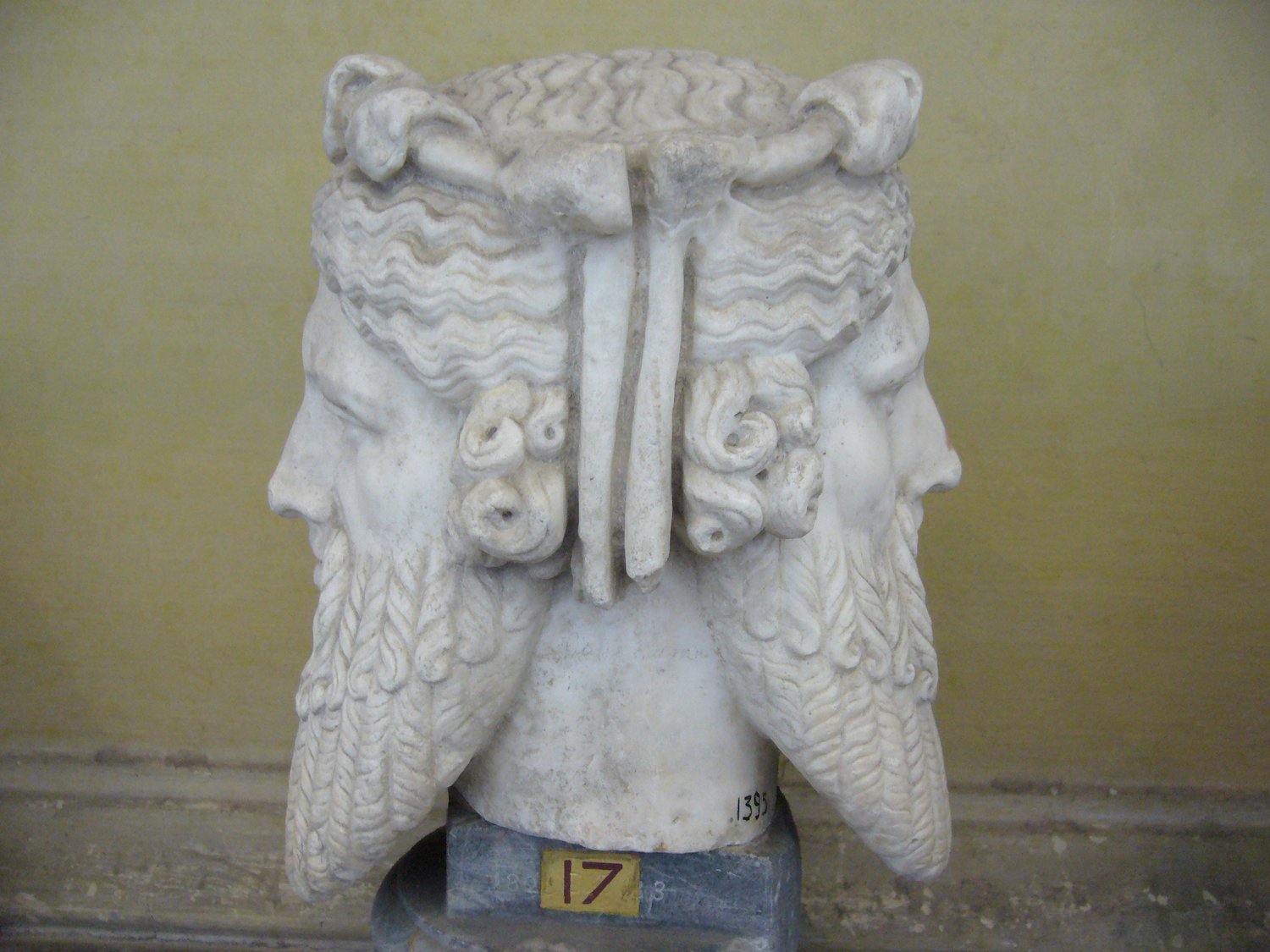Act IV Scene I
I read my first Shakespeare play in Mr. Acre’s English class (Lincoln Junior High, Malden, Massachusetts—ninth grade). I read four Shakespeare plays during my high school tenure: Julius Ceasar, Macbeth and Hamlet. Oddly enough, my introduction to the Bard was The Merchant of Venice. Looking back, I would guess at least a quarter of my classmates were Jewish. My father was the rabbi at the large Malden synagogue. Without being elected, I was the Jewish point kid for Mr. Acres’ class.
about 15 years before I graced the doors with my presence
Here is a Merchant of Venice refresher for you. Shakespeare’s villain, Shylock, was a Jew and a moneylender. He demands as collateral a pound of flesh (the approximate weight of the human heart) for a major investment he underwrites for Antonio, a prominent Venetian merchant. Even before their business arrangement, Antonio was known throughout the Rialto as a vicious Jew hater. Shylock hated Antonio in return. When news came that Antonio’s ships sank in the Mediterranean, he feared he lost his fortune. On the cusp of Antonio’s financial ruin, Shylock, the Jew comes for his pound of flesh.
Shylock is on edge. He has lost his money, now a second time. Earlier in the play, Shylock’s only daughter, Jessica, ran off with a Christian to marry in the church, denouncing her faith and her father. She also stole a good deal of his money. Shylock, understandably, is ripping angry.
By the end of the play, Shylock is utterly defeated. He is frustrated in court when he cannot exact his revenge on Antonio. Ultimately, Shylock is forced by the Venetian court to surrender half his remaining assets to Antonio and then renounce Judaism and become a Christian. Everyone else lives happily ever after.
The Merchant of Venice is considered a comedy. Hey folks, let’s all laugh out loud.
And there I was, young Jonny Miller arguing with Mr. Acres who claimed that maybe Shakespeare didn’t really hate Jews because he didn’t know any, and that Shylock could have earned some sympathy for his suffering. All I could do then, and all I can do now is imagine those English patrons of the Globe Theatre yucking it up while Shylock gets fleeced and humiliated. Slap your thighs with revelry and order another round of grog!
Our class assignment was to memorize Portia’s mercy speech, part one. Portia was a female posing as a male lawyer who came to rescue the Jew hating Antonio. (Shakespeare scholars, don’t go down the cross-dressing rabbit hole! These days, we are having a hard time understanding sex role.) Here is what I memorized during the winter of 1970.
The quality of mercy is not strained;
It droppeth as the gentle rain from heaven
Upon the place beneath. It is twice blest;
It blesseth him that gives and him that takes:
'T is mightiest in the mightiest; it becomes
The throned monarch better than his crown:
His sceptre shows the force of temporal power,
The attribute to awe and majesty,
Wherein doth sit the dread and fear of kings;
But mercy is above this sceptred sway;
It is enthronèd in the hearts of kings,
It is an attribute to God himself;
And earthly power doth then show likest God's
When mercy seasons justice.
Fortunately, we were not required to memorize the end of Portia’s speech.
We did not Therefore, Jew,
Though justice be thy plea, consider this,
That, in the course of justice, none of us
Should see salvation: we do pray for mercy;
And that same prayer doth teach us all to render
The deeds of mercy. I have spoke thus much
To mitigate the justice of thy plea;
Which if thou follow, this strict court of Venice
Must needs give sentence 'gainst the merchant there.
Portia outsmarted the crafty Jew. While Shylock, Shakespeare’s Jewish avatar, was entitled to a pound of flesh, he was not entitled to spill a drop of blood. Score one for Antonio. Shylock is defeated, game, set match!
I didn’t know enough then to explain to Mr. Acres and my class that Judaism is depicted by Jew haters as a blood thirsty religion demanding the strictures of justice and punishment for wrongdoing. Judaism is harsh, as opposed to the Christian emphasis on mercy, love and forgiveness.
Well, mercy me. There is nothing further from the truth for both religions. The good Christians I know work hard to make the world just. They do not settle for a world in which there is neither good nor evil. And good Jews are merciful and loving and forgiving. We do not want to live in a world without compassion or forgiveness. The quality of mercy is so great that our rabbis teach that God, who is called HaRahaman, the Merciful One, prays to God’s self for mercy.
Here is a remarkable Talmudic passage (Berachot 7a) answering the question, “What does God say when God prays?
Rabbi Zutra ben Tuvia taught in the name of Rav:
May it be My will that my mercy will conquer my anger, that my mercy will prevail over my other attributes, and may I conduct myself toward My children with the attribute of mercy, and may I enter before them beyond the strict letter of the law.
The most famous lawgiving in the history of Western civilization was a two-part deal. Twice, Moses appears before God on Mt. Sinai.
The first time was Cecile Demille dramatic. The mountain shook. Thunder and lightning rained from the heavens. God’s voice bellowed. The people were terrified.
They built a golden calf. Considering the special effects, perhaps they thought this idol a safer bet. Moses came down from the mountain. Seeing his people dancing around the idol, he shattered the tablets.
Uh oh.
Humbly, Moses ascends the mountain a second time. It’s a whole lot quieter now. The scene is more intimate, less pyrotechnic, more embracing, more loving, more kind. Moses evokes God’s mercy. Moses calls out in a quiet voice, “Adonai, Adonai, merciful and gracious, slow to anger, abounding in kindness and faithfulness, extending kindness to the thousandth generation, forgiving iniquity, transgression, and sin . . .”
These are the tablets that stuck with us from that point on until today. These tablets, hewn in the spirit of mercy and forgiveness, are the ones that are today spiritually whole and intact. The first tablets, hewn with strength and might and bluster—these were shattered into pieces. They didn’t make it. Moses knew, and God knew, that to be whole and to be carried forth through the generations, kindness and mercy would lead the people to the Promised Land.
The first experience at Sinai did not end well. The second experience echos today in the human spirit.
Knowing Hebrew is good for our spiritual lives. When we will hear God’s voice again b’yamai ha’Mashiach, in the days of the Messiah, God will speak to us all in Hebrew. People of faith, do not worry. When the Messiah does come, we will all be speaking Hebrew naturally.
In the meantime, why not get a head start? Let me teach you a word.
The Hebrew word for a mother’s womb is rehem. This has the same root word as HaRahaman, God the Merciful One—the Womb of Being. What is the connection between the womb and mercy?
Life-in-formation cannot grow on its own. It depends on the mercy power of the mercy-filled mother to provide a place of safety, growth and sustenance. In the mother’s womb, the helpless get what they need. The mercy-filled mother cannot refrain from providing life. To be mercy-filled is to be strong and forward looking. To be mercy-filled is to be giving. A mercy-filled life is gentle enough and forceful enough to take care of itself and the life to come. Mercy gives, and its gifts do not diminish the giver. It is twice blessed. It blesses those who give and those who receive. It falls upon us like gentle rain.
HaRachaman—The Womb of Being
As individuals and as a society, we are called upon to be rahamim b’nai rahamim, merciful ones, the children of the merciful. A true believer in God cannot help but extend mercy. Those who profess their faith with muscle are, I am sorry to say, worshipping golden idols.
We are living today in muscular times. Those with power show off their muscles. Others are afraid. A nation that is built on strength is destined at some point to fall to those more powerful. But a nation which nurtures mercy will find that it has the strength of mission to prevail well into the future and emerge stronger.
I did not like reading The Merchant of Venice. But Mr. Acres gave me a gift when he assigned us to memorize Act IV Scene I. This has stayed with me, and I am honored to share it with you. Like the God that rules providentially over us all, I pray that rachamim, mercy, will be manifest in our world. This is God’s prayer. If it is good enough for God, it should be good enough for all of us. Shakespeare wrote about mercy:
It is enthronèd in the hearts of kings,
It is an attribute to God himself;
And earthly power doth then show likest God's
When mercy seasons justice.




